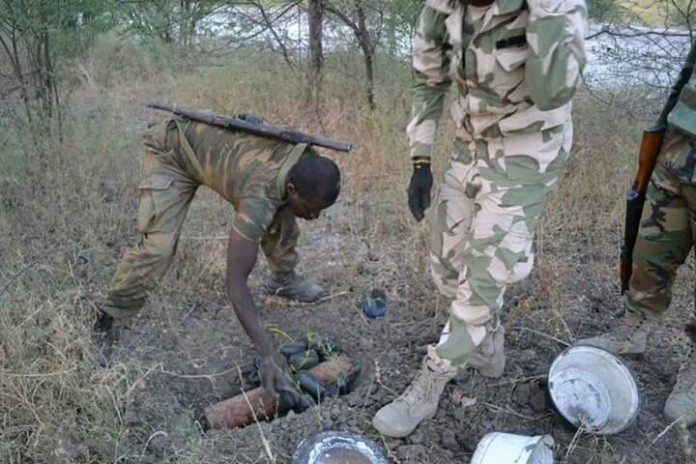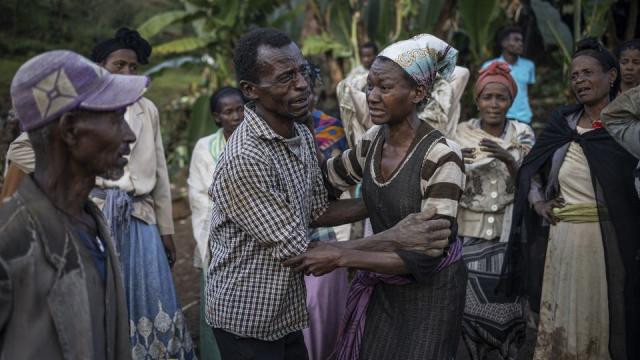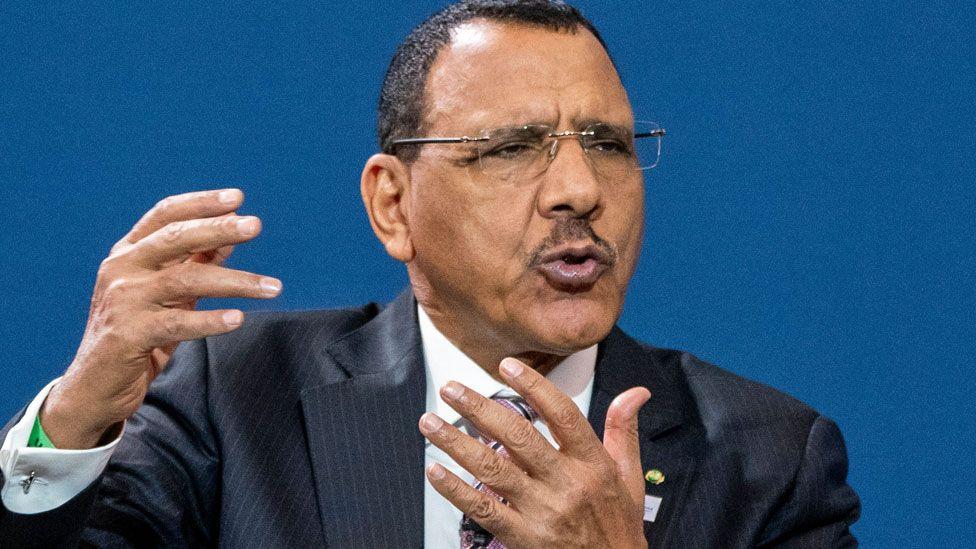
During a briefing on the sidelines of the BRICS summit in South Africa, China’s leading African diplomat revealed that African nations are urging China to shift its emphasis from constructing infrastructure on the continent to promoting local industrialization.
“African integration is already escalating and many African countries (have) asked China to consider (a) shift (of) our focus,” Wu Peng, director-general of China’s department of African affairs at its foreign ministry, said.
Wu emphasized that this shift is particularly crucial in light of the Africa Continental Free Trade Agreement (AfCFTA), which commenced at the beginning of 2021 with the goal of facilitating tariff-free trade among African nations in the years ahead.
China intends to discuss its strategies for promoting African industrialization with African leaders during a dedicated roundtable on Thursday, set to take place on the fringes of the August 22-24 BRICS summit. BRICS encompasses Brazil, Russia, India, China, and South Africa.
From 2000 to 2020, Chinese lenders, primarily state-owned banks, committed to providing African nations with loans totaling $160 billion, as reported by Boston University.
Following the launch of the “Belt and Road Initiative” by Xi in 2013 to finance infrastructure projects in developing nations, loan commitments experienced a substantial increase. However, they subsequently plummeted from their peak of $28.4 billion in 2016 to $1.9 billion in 2020.
Wu highlighted that the “urgent” conversation regarding pressing “emergency matters” could not be deferred until the upcoming Forum for China-Africa Cooperation, a routine gathering between Chinese and African ministers scheduled for the next year.
He also indicated that investments from Chinese companies in Africa, particularly those from small and medium-sized enterprises, are set to rise.
“No matter what happens about the global economy, or Chinese economy, the trend in the relatively midterm or long range, (is that) Chinese companies are willing to take some risk (to) go into Africa,” Wu added.




